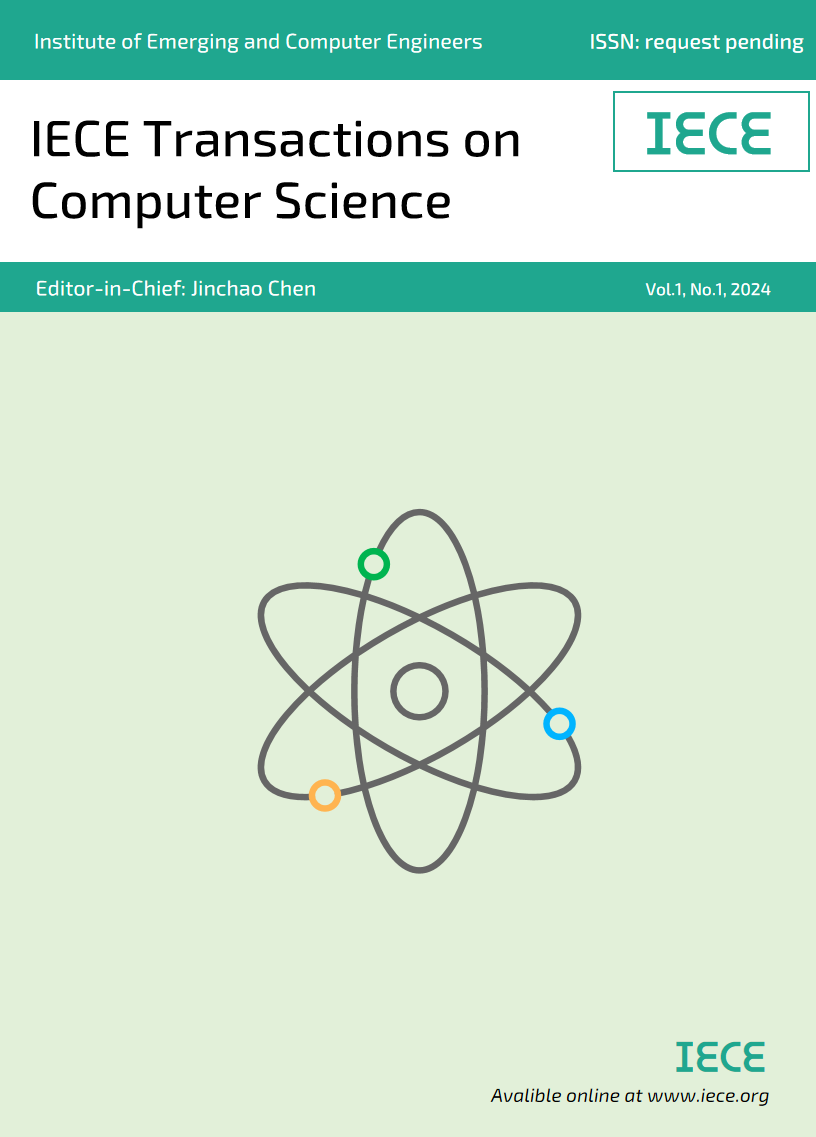Abstract
In the context of university-level English education, the instruction on the exploration and understanding of proper names found on websites is critical yet often neglected. This study examines the flawed approaches adopted by students in navigating proper names online, which primarily involve limited and inappropriate website selection, and inaccurate methods for interpreting these names. Specifically, students tend to interpret proper names either out of context or by their literal meanings, leading to misconceptions. To counter these ineffective strategies, this paper proposes a comprehensive pedagogical framework aimed at guiding students towards proper online exploration of proper names. The methodology includes introducing students to a curated list of relevant websites, facilitating comparative analysis of proper names across different sources, and implementing targeted questioning techniques to enhance students' understanding and accurate interpretation of proper names. This approach not only aims to improve students' digital literacy but also enriches their linguistic and cultural comprehension by promoting a deeper engagement with the digital content. The findings suggest that when educators adopt these targeted strategies, students are more likely to achieve a nuanced understanding of proper names, thereby advancing their overall English language proficiency. This research underscores the necessity of integrating digital exploration skills into English language education, advocating for a more informed and critical approach to online content.
Keywords
proper names
english teaching in university
exploring words on the website
Funding
This work was supported by Xi ’an International Studies University (Fund No. 20BY03), and China National Committee for Terms in Sciences and Technologies, under Grant No.YB20200014.
Cite This Article
APA Style
Liang, L., Yin, Q., & Shi, C. (2024). Digital Nomenclature Exploration:Leveraging Online Proper Names for Enhanced English Language Acquisition in Higher Education. IECE Transactions on Computer Science, 1(1), 1–6. https://doi.org/10.62762/TCS.2024.390861
Publisher's Note
IECE stays neutral with regard to jurisdictional claims in published maps and institutional affiliations.
Rights and permissions
Institute of Emerging and Computer Engineers (IECE) or its licensor (e.g. a society or other partner) holds exclusive rights to this article under a publishing agreement with the author(s) or other rightsholder(s); author self-archiving of the accepted manuscript version of this article is solely governed by the terms of such publishing agreement and applicable law.


 Submit Manuscript
Edit a Special Issue
Submit Manuscript
Edit a Special Issue

